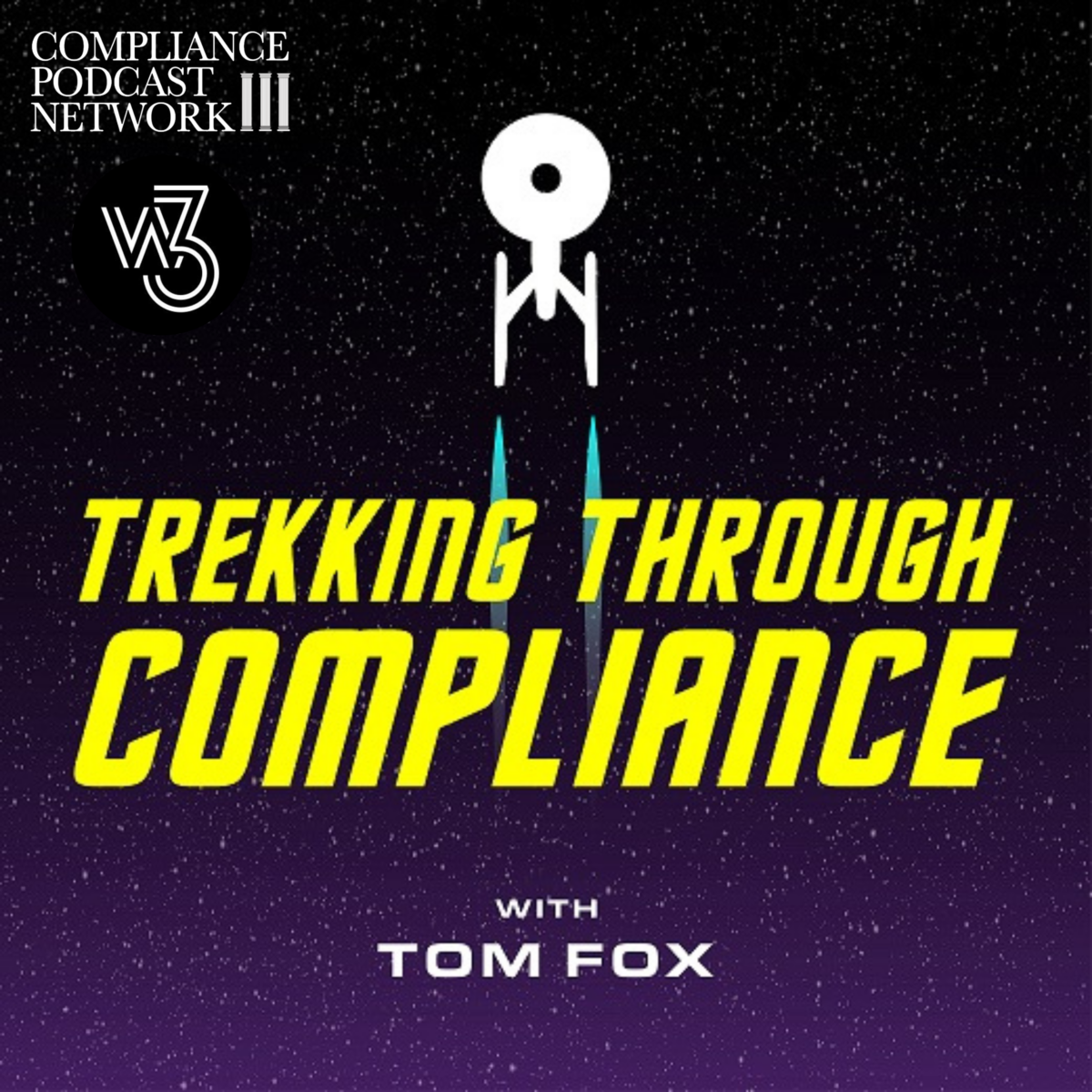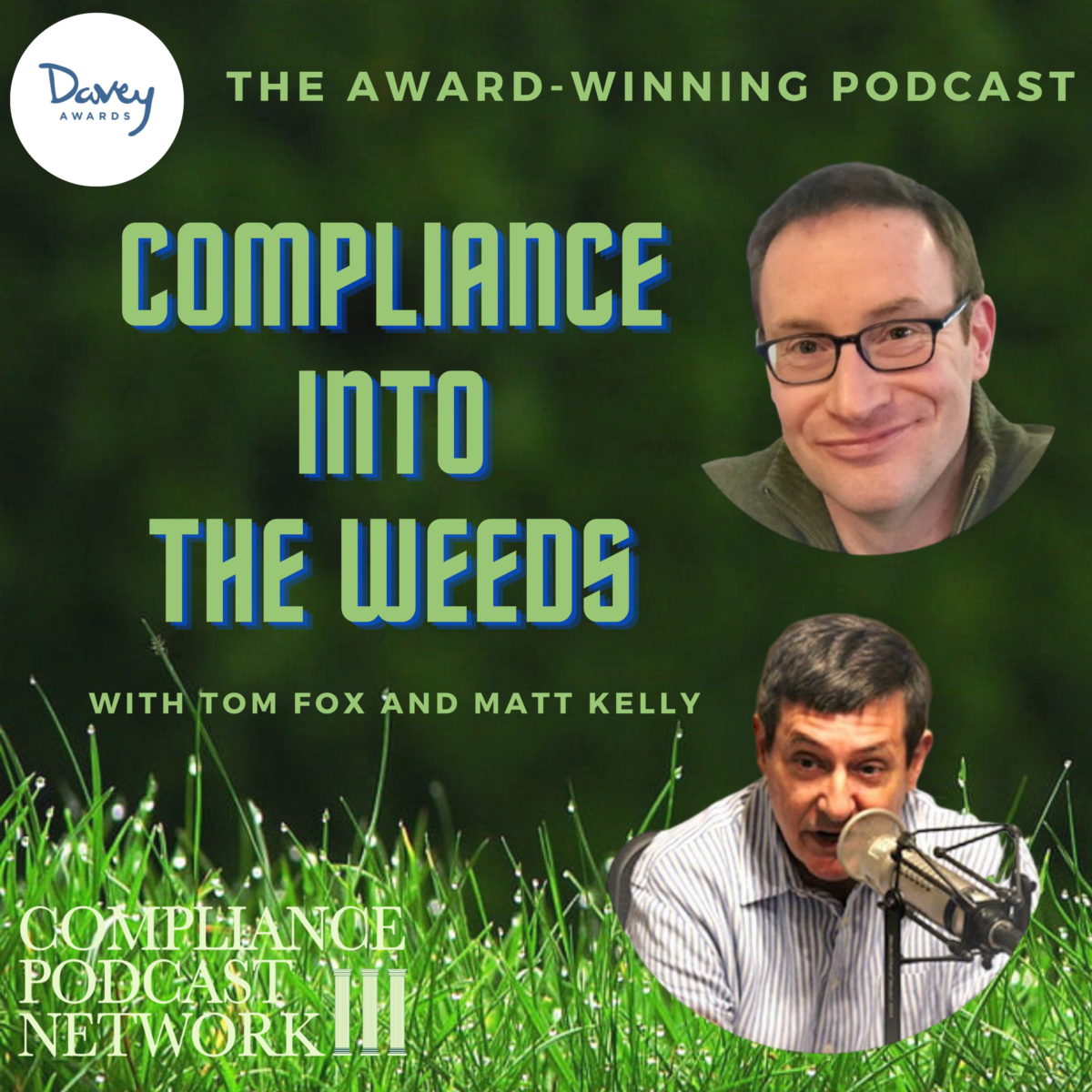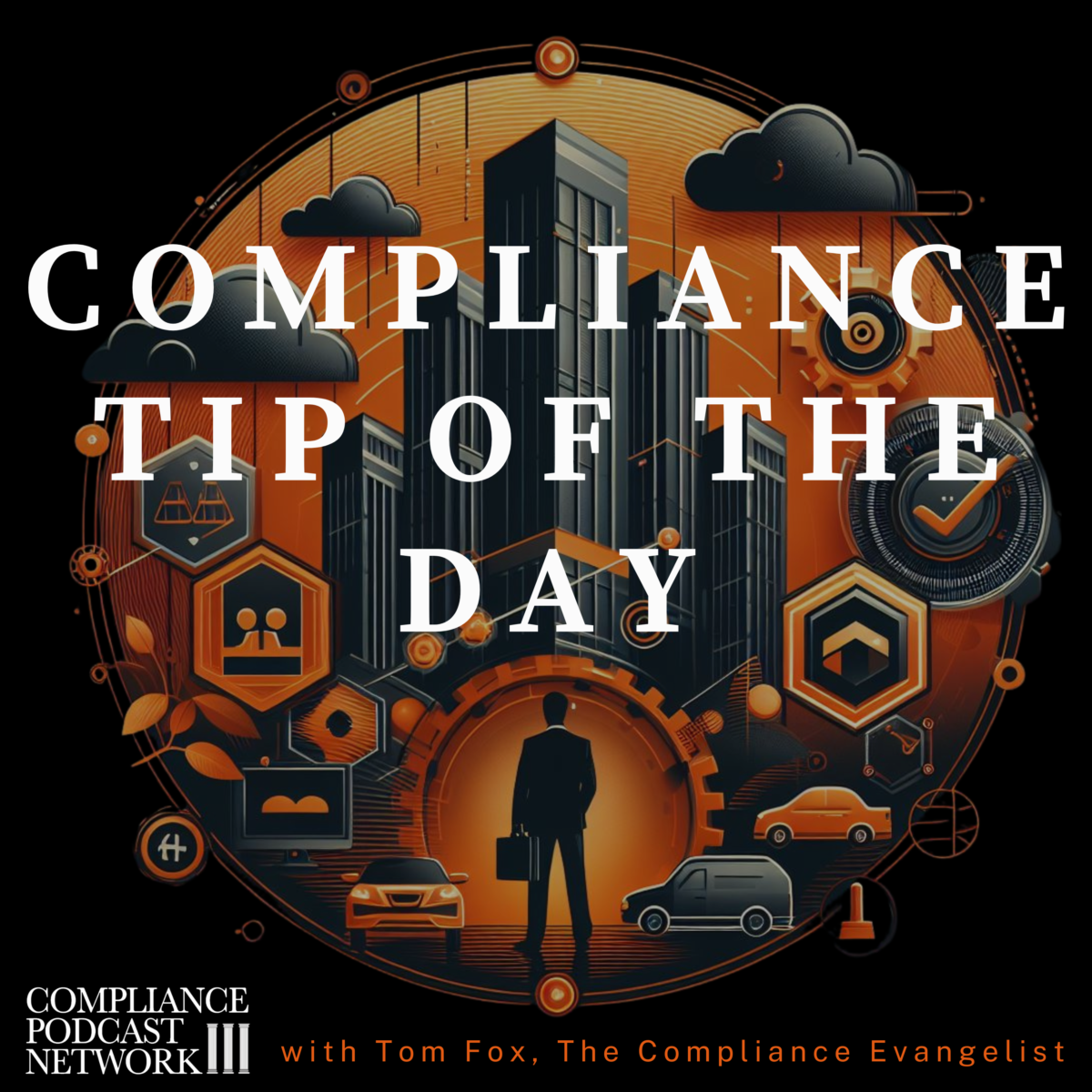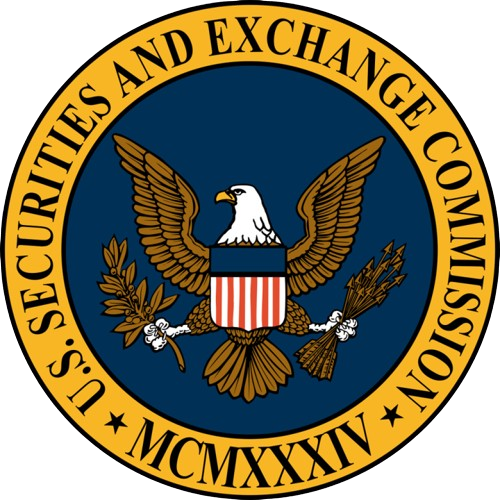In the ever-evolving compliance landscape, the recent enforcement action by the Securities and Exchange Commission (SEC) against RR Donnelley is a significant case study. This incident underscores the importance of robust cybersecurity measures and highlights the SEC’s expanding reach into areas traditionally viewed outside its purview. As compliance professionals, understanding the intricacies of this case is crucial for adapting to the dynamic regulatory environment. Matt Kelly and I took a deep dive into the enforcement action in a recent Compliance into the Weeds episode.
RR Donnelley, a company historically known for its printing services and later for marketing services, faced an SEC enforcement action in November 2021 due to a cybersecurity breach. Hackers accessed and copied confidential corporate customer data, which was later posted on the dark web. The SEC’s main contention was that Donnelley failed to disclose this breach to investors promptly and had inadequate internal controls over its IT systems. Ultimately, the company was fined $2.1 million.
The SEC’s enforcement action was based on the premise that Donnelley’s cybersecurity measures were insufficient, leading to unauthorized access to its IT assets. Specifically, the SEC utilized provisions related to internal control over financial reporting to impose sanctions even though no direct accounting fraud or economic loss occurred. This approach represents a novel application of the SEC’s powers, using internal accounting control clauses to address cybersecurity issues.
Matt believes that the SEC’s enforcement hinged on the idea that poor cybersecurity equates to poor internal controls over assets. The SEC interpreted the Exchange Act to mean that access to a company’s assets, whether data or financial, should be controlled and authorized by management. Matt noted in his blog post that the statutory authority for that statement flows from the Exchange Act of 1934, which established the Securities and Exchange Commission and the anti-fraud securities laws we use today. The text of the Exchange Act states that companies must devise and maintain a system of internal accounting controls “sufficient to provide reasonable assurances” on four points:
- Transactions executed according to management authorization;
- Transactions are appropriately recorded;
- Access to assets is permitted only according to management authorization;
- Recorded accountability for assets is reconciled with existing assets.
The hackers’ ability to access Donnelley’s IT systems without authorization was viewed as a failure of these internal controls.
This interpretation broadens the scope of what compliance professionals must consider under the umbrella of internal controls. Traditionally, internal controls were seen in the context of financial reporting and safeguarding physical assets, most usually cash or cash equivalent. However, it is not simply cash as the only assets these requirements cover but all other corporate assets. Moreover, this case suggests that digital assets and the controls around them are equally critical.
Another critical aspect of the case was the failure to disclose the breach promptly. According to the SEC, Donnelley’s IT security team was aware of the breach but did not quickly escalate it to senior management. It took an external party’s notification for the CISO and senior executives to become fully aware and take action.
This scenario underscores the importance of having robust internal communication channels and protocols to ensure that significant cybersecurity incidents are promptly reported to senior management. Moreover, it highlights the need for transparency with investors regarding such breaches, aligning with the SEC’s mandate to protect investor interests.
Compliance professionals must now consider cybersecurity an integral part of internal control systems. Ensuring that IT systems are secure and that access to digital assets is tightly controlled should be a priority. This involves regular audits of cybersecurity measures, continuous monitoring of IT systems, and implementing robust access control mechanisms.
The case also highlights the necessity of clear and effective disclosure practices. Compliance teams should ensure that there are well-defined procedures for reporting cybersecurity incidents internally and disclosing them to investors when necessary. This might include setting up rapid response teams and informing senior management immediately of significant breaches.
Given the technical nature of cybersecurity, collaboration between compliance and IT departments is essential. Compliance officers should work closely with CISOs and IT security teams to understand potential risks and ensure appropriate controls are in place. This partnership is vital for creating a comprehensive compliance strategy that addresses traditional financial risks and emerging digital threats.
The SEC’s approach, in this case, signals that regulators are willing to use existing frameworks to address new types of risks. Compliance professionals should prepare for increased scrutiny and be proactive in ensuring their organizations meet regulatory expectations. This may involve regular training, staying updated with regulatory changes, and conducting thorough risk assessments.
The RR Donnelley case serves as a wake-up call for compliance professionals, emphasizing the need to adapt to an evolving regulatory landscape. By broadening the scope of internal controls to include cybersecurity and enhancing disclosure practices, compliance teams can better protect their organizations and meet regulatory expectations. Collaboration with IT and staying vigilant about regulatory trends will be vital to navigating this new frontier in compliance. Perhaps more ominously, Matt, in another blog post on the United Healthcare cyber-attack in Q1 2024, asked, ” If the SEC applied that theory of enforcement against Donnelley, shouldn’t that same theory now be applied against UnitedHealth? At this point, we should discuss exactly how UnitedHealth’s breach happened. Change Healthcare had not implemented multi-factor authentication on a critical computer server, which allowed attackers to use stolen employee credentials to gain access. In other words, UnitedHealth had allowed poor access control on a critical system.”
In other words, Watch This Space.









